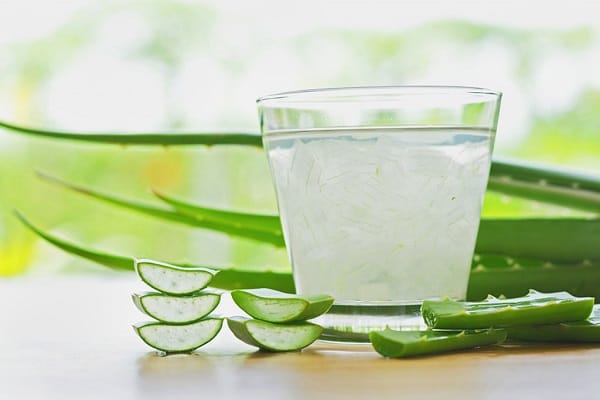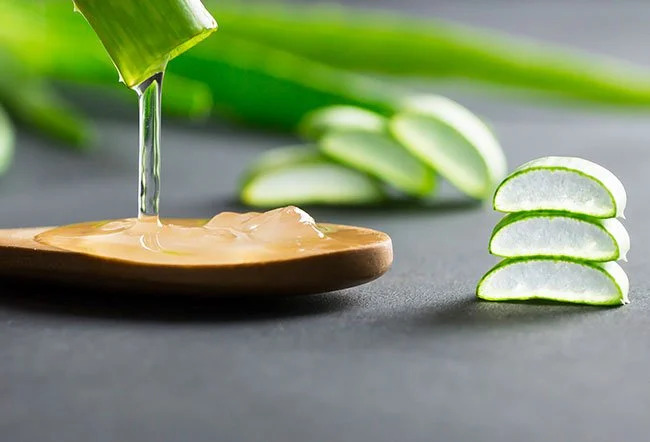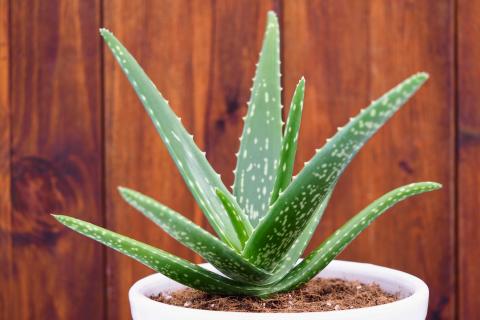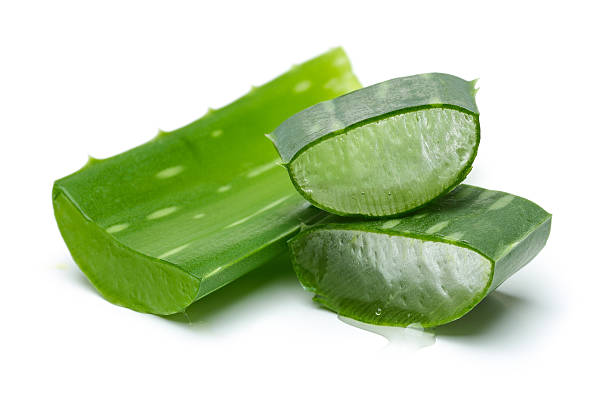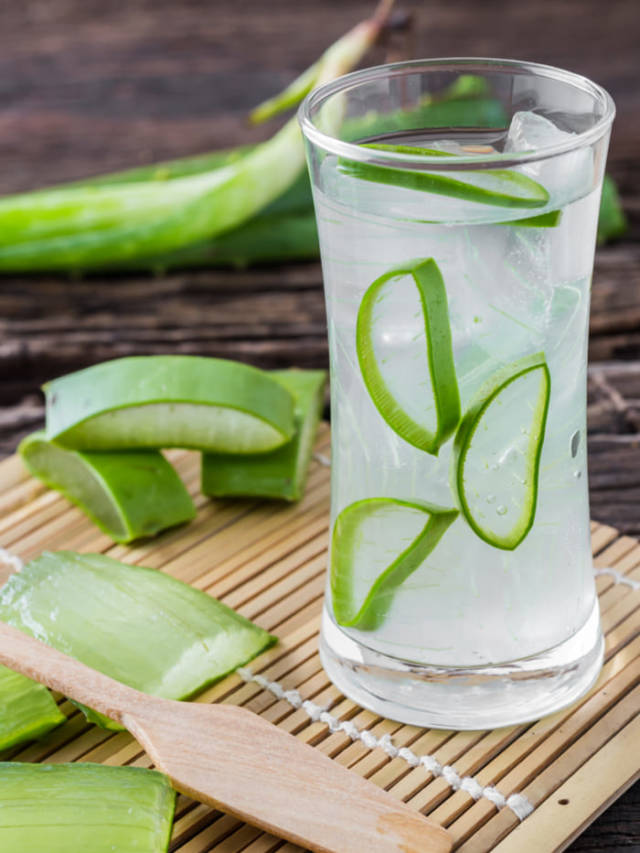What are the top benefits of using Ginger?
What is Ginger and its use?

Ginger is known as a flowering plant that is listed as a spice as well as a herb. The scientific name for ginger is Zingiber officinale. The plant is expected to grow 3 feet above the ground level which produces bundles of flowers. The underground part of this plant is the actual ginger that is used as a spice or sometimes as a general people medicine for several conditions.
It is harvested by pulling the plant out of the soil and extracting the root from leaves attached. The plant belongs to the family of Zingiberaceae and has a close biological relation with cardamom, turmeric, and ganangal. It is a common ingredient in recipes and also has a wide application in cosmetics and processed foods.
Ginger not only associates delicious food but also consists of multinutrient properties. There are many different traditions worldwide that use ginger for a wide variety of applications that includes medicines, foods, ointment, etc.
Ginger consists of chemical properties that generally help in reducing cold, swelling, and nausea. The chemicals are expected to work in the stomach and intestine but also assist the nervous system and brain to manage nausea. In Asian region, ginger is associated with a number of medical reasons such as cold and flu symptoms, skin burns, muscle and joint pain, stomach pain, upset stomach, etc.
Vitamins and nutrients in Ginger

There are a number of vitamins and minerals available in a pure ginger root or ginger that includes:
- Iron
- Vitamin C
- Phosphorus
- Folate
- Niacin
- Vitamin B3
- potassium
- Vitamin B6
- Magnesium
- Zinc
- Riboflavin
Benefits of using Ginger:
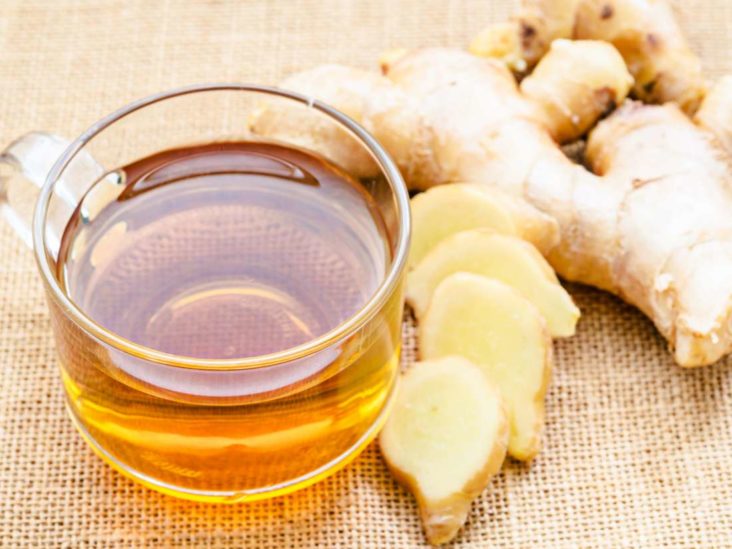
Ginger and its various forms consist of many chemical and nutritional properties that is wide used to get most of its beneficial health effects such as:
- antioxidants properties
- assist cardiovascular health
- relieves muscle pain
- reduces dysmenorrhea pain
- beneficial antiplatelet properties
- relieves inflammation
- attenuates morning sickness and nausea
- helps to lower the risk of cancer
- improves digestion
- reduces formation of gas
- eases symptoms of cold and flu
- may control blood sugar level of type 2 diabetes
- helps in losing weight
- helps in treating osteoarthritis
Beneficial Ginger intake for humans

The amount of ginger intake for every age group for an individual is not classified. However, few standard information for ginger intake listed as:
- Children below 2 years of age must not consume ginger
- Rest individuals can consume ginger but not more than 3-4 grams of ginger daily
- Pregnant women must not consume more than 1gm of ginger or 950ml of ginger tea per day.
- Ginger is generally considered safe for breastfeeding women however, the research for its safety is considerably less.
REFERENCES:
- https://camillestyles.com/food/ginger-for-inflammation/
- https://www.medicalnewstoday.com/articles/322257
- https://www.verywellfit.com/health-benefits-of-ginger-89213
- https://www.thespruceeats.com/ginger-recipes-and-cooking-tips-1807768
- https://www.healthline.com/nutrition/11-proven-benefits-of-ginger
- https://www.rxlist.com/consumer_ginger_african_ginger/drugs-condition.htm
- https://www.urmc.rochester.edu/encyclopedia/content.aspx?contenttypeid=19&con
For more details, kindly visit above.
